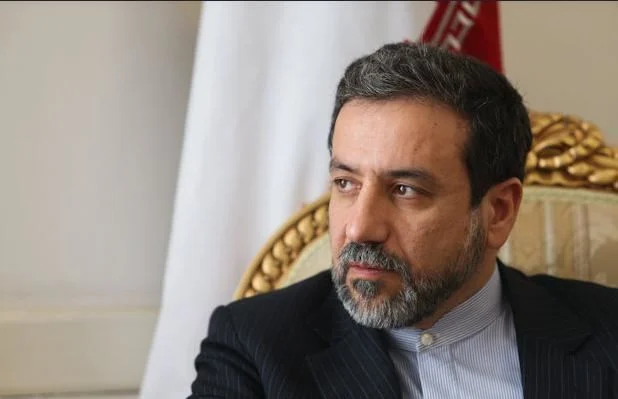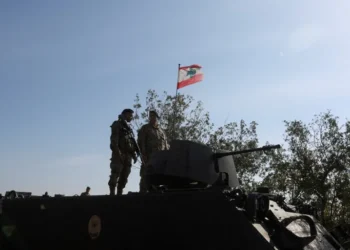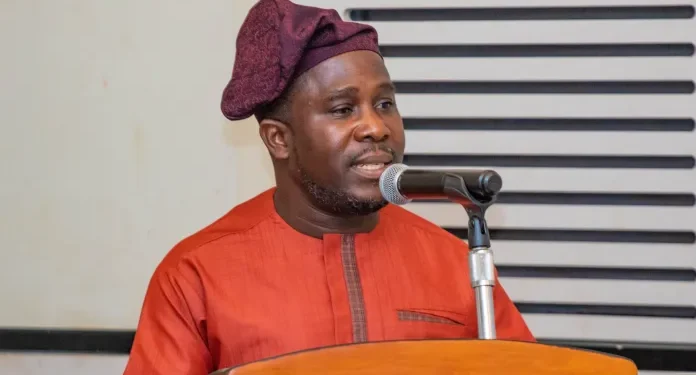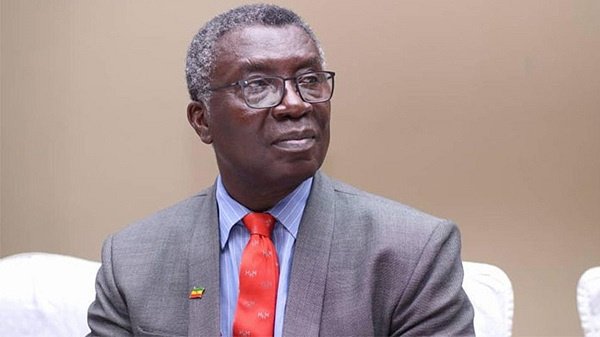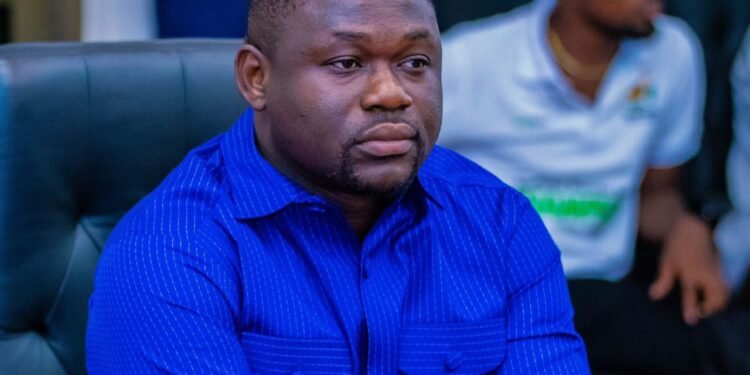Iranian Foreign Minister, Abbas Araghchi has signalled that prospects of the long-overdue US-Iran nuclear talks are still distant, saying that Jran and the United States have not reached the point where “effective” nuclear talks can take place.
Saying that negotiations with the US must be held at “their own time,” Araghchi asserted that every negotiation has a specific time called “‘negotiation maturity’ and it must reach that maturity in order to be held.”
“In my opinion, we have not yet reached the point of maturity where effective negotiations with the US can take place.”
Abbas Araghchi
Tehran suspended negotiations with Washington, which were ostensibly aimed at curbing Iran’s nuclear ambitions, after the US and Israel struck the country with massive bombardments in June during a 12-day conflict.
Since then, inspectors from the International Atomic Energy Agency (IAEA) have been unable to access Iran’s nuclear installations, despite its Chief Rafael Grossi stating that inspections remain essential.

US President, Donald Trump and Israeli Prime Minister, Benjamin Netanyahu have warned they will not hesitate to attack Iran again if it resumes enrichment of uranium, a possible pathway to developing nuclear weapons.
Iran, which denies any intention to develop nuclear weapons and has long insisted its pursuits are for civilian uses, vowed a forceful response to the threats. Neither US intelligence nor the IAEA said they found any evidence earlier this year that Iran was developing atomic weapons.
Araghchi Points To Possibility Of IAEA Inspectors’ Return To Iran
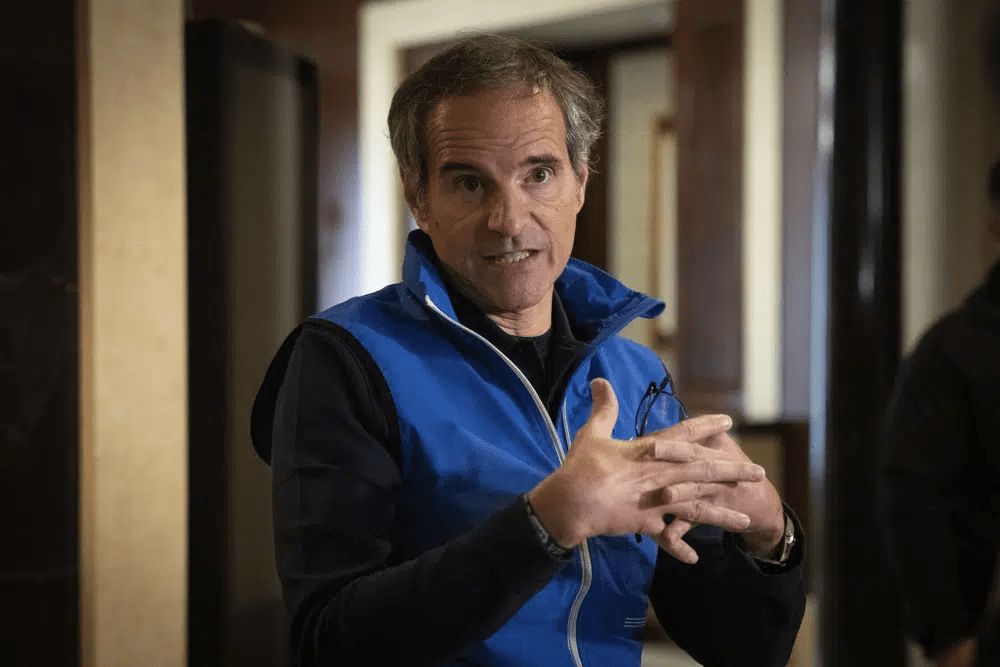
Moreover, Araghchi noted that Iran “cannot completely cut cooperation” with the UN nuclear watchdog but the return of its inspectors is up to the country’s Security Chiefs.
The remarks come nearly two months after Iran suspended cooperation with the International Atomic Energy Agency following its 12-day war with Israel in June.
Iran has cited the IAEA’s failure to condemn Israeli and US strikes on its nuclear facilities as the reason for its decision, which saw the watchdog’s inspectors leave the country following the passing of new legislation by parliament.
Araghchi said, “We cannot completely cut cooperation with the agency,” noting that new fuel rods need to be installed at Iran’s Bushehr nuclear power plant in the coming weeks which will require the presence of IAEA inspectors.

“Under the law passed by parliament, the return of inspectors will be possible through a decision of the Supreme National Security Council.”
Abbas Araghchi
Also, he disclosed that Iran may “reach a point of discussion” regarding withdrawal from the nuclear Non-Proliferation Treaty (NPT) in the future. “If someday the system decides to opt out of the NPT, it will do so,” Araghchi told the state news agency IRNA.
“While we are currently planning to stay at NPT, I will take this as an example and not think that this debate exists or does not exist. We may reach a point where this discussion will be discussed in the future.”
Abbas Araghchi
Tension escalated between Iran and the UN nuclear watchdog following US and Israeli airstrikes on the country in June.
On June 25, 2025, Iran’s parliament passed legislation suspending cooperation with the International Atomic Energy Agency (IAEA), accusing the watchdog of bias toward Israel and the US during their recent assaults.
“We told the agency that new conditions had been created anyway, our facility was bombed and there was no precedent as to how the bombed facility should be dealt with.”
Abbas Araghchi
He added that on the other hand, parliamentary law has requirements and has licensed the procedure through the Supreme National Security Council, “so we must first reach a framework, or new cooperation arrangements.”
READ ALSO: Ablakwa Defends Presidential Jet Oversight, Challenges Akufo-Addo

